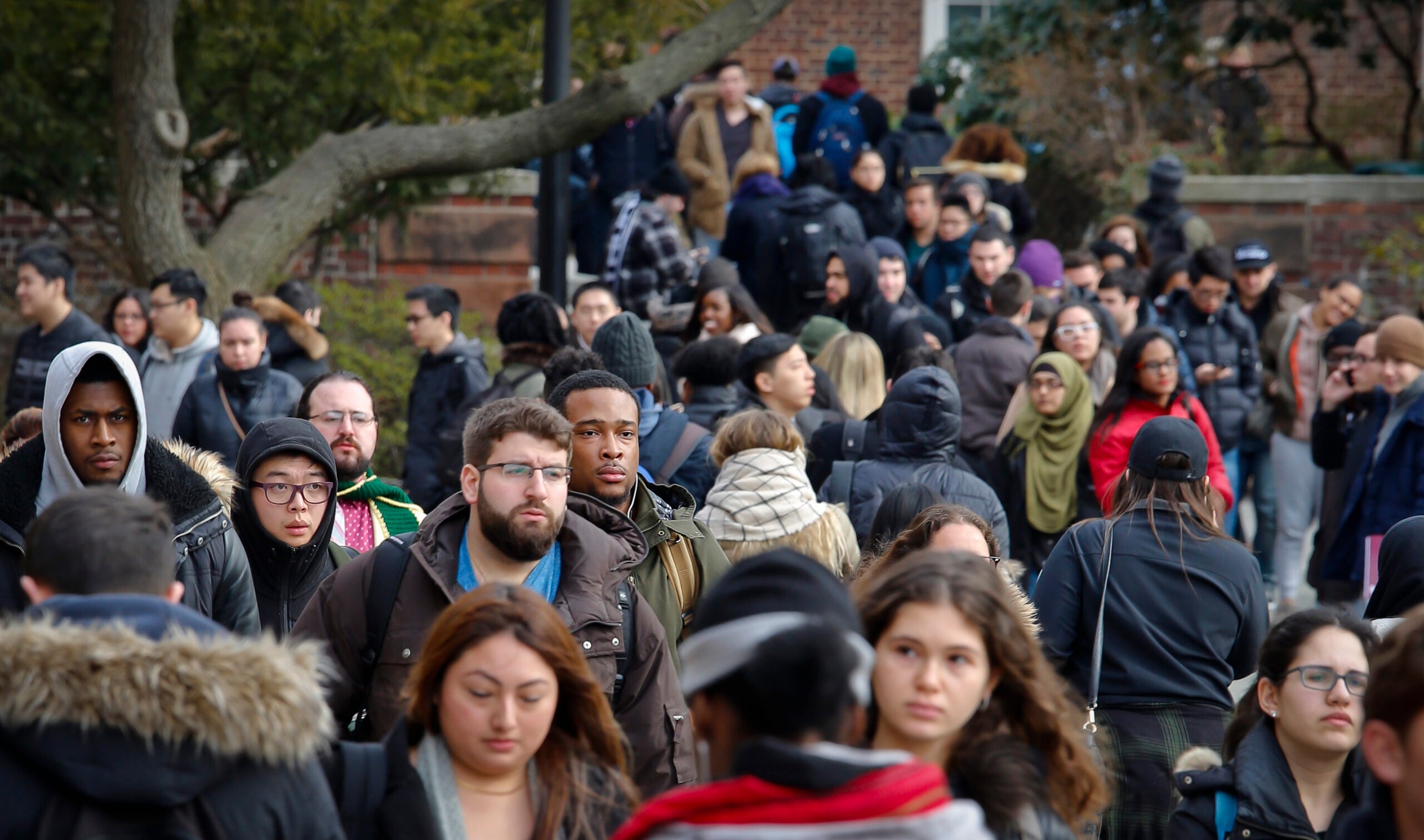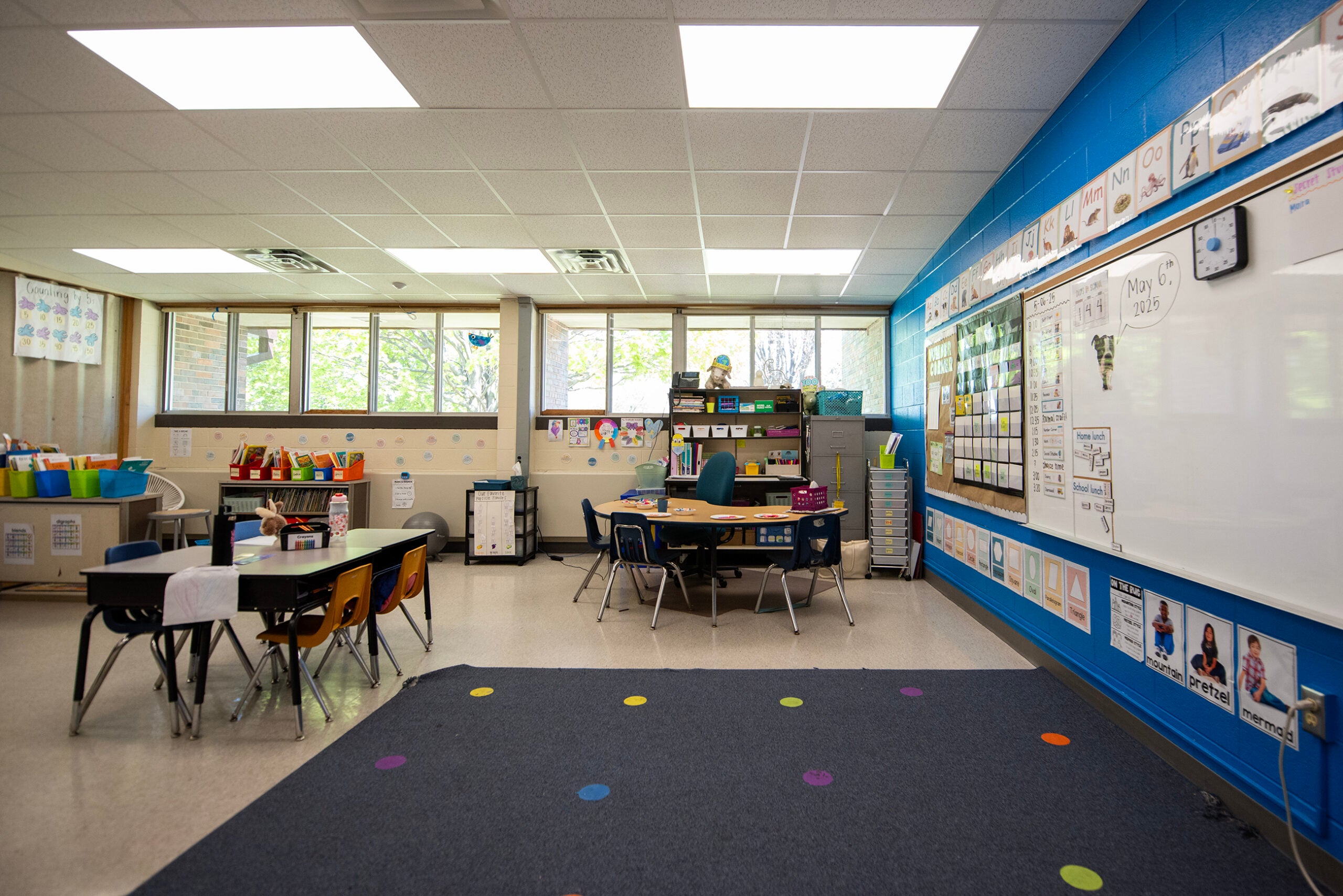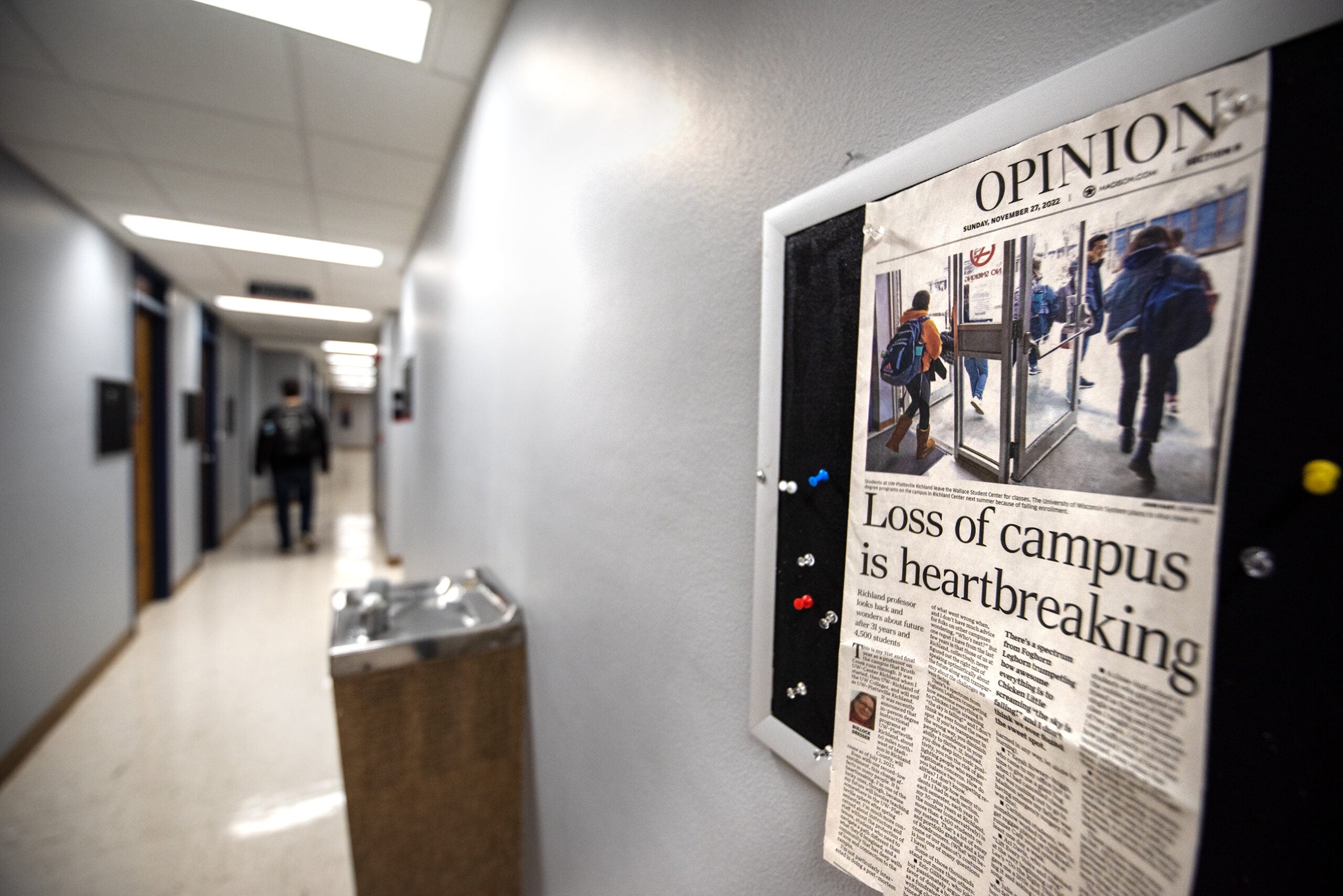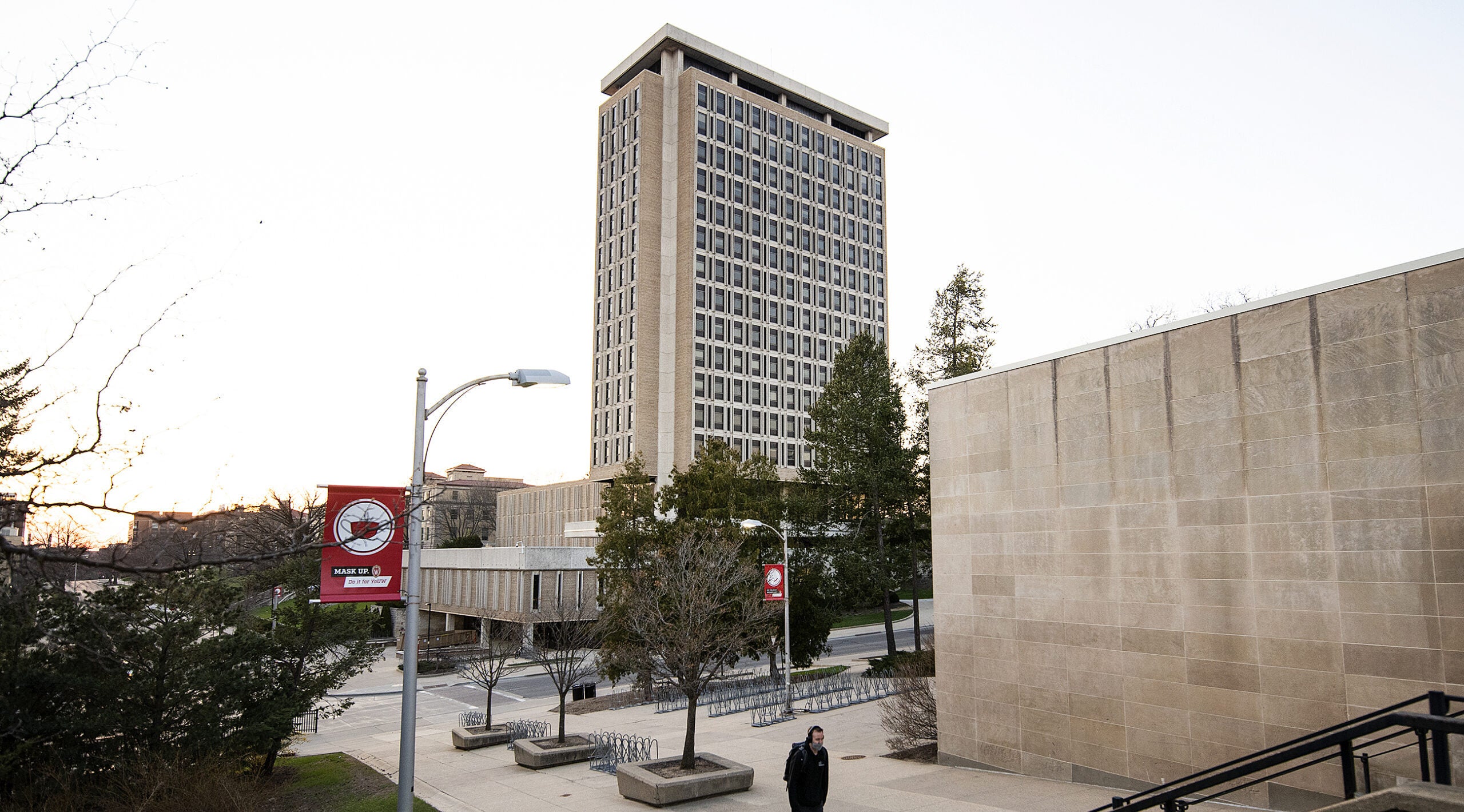A national report ranking state funding for higher education shows Wisconsin saw the fourth-largest decline in per-student spending between 2013 and 2018. The only states with larger decreases in that timeframe were Mississippi, West Virginia and Oklahoma.
The analysis by the State Higher Education Executive Officers Association, or SHEEO, looked at higher education finances since the Great Recession. It found educational appropriations fell by more than 24 percent nationwide since 2008, mainly due to increases in enrollment and a lack of proportional funding increases.
But between 2013 and 2018 the report showed the trend reversing in a majority of states, with the United States as a whole seeing more than a 15 percent increase in state funds per student. Overall, the SHEEO report shows states are on average still spending $1,000 less per student than before the Great Recession.
News with a little more humanity
WPR’s “Wisconsin Today” newsletter keeps you connected to the state you love without feeling overwhelmed. No paywall. No agenda. No corporate filter.
Wisconsin’s state funding for higher education did not follow the national trend.
The SHEEO found between 2013 and 2018 state appropriations per student fell by just more than 8 percent, from $7,002 to $6,435, putting it toward the bottom of the national rankings.
Oklahoma saw the biggest decline of 19.8 percent, from $7,988 to $6,407, between 2013 and 2018. New Hampshire had a 47 percent increase in state appropriations between 2013 and 2018, from $1,909 to $2,806.
In an interview with WPR, SHEEO senior policy analyst Sophia Laderman said until recently, Wisconsin has historically followed closely with national higher education trends.
“But all of that has changed since 2013,” Laderman said. “When the rest of the country or most states in the country started to see increases in funding, Wisconsin started seeing declines.”
Laderman said in 2018 Wisconsin spent around $1,500 less per student than the national average $7,853 per student in 2018.
University of Wisconsin-Milwaukee Chancellor Mark Mone told WPR his campus has had to reduce costs significantly. That is until the 2017-19 state budget.
“In the 2015, 2016, 2017 period we’ve cut about $41 million or $42 million out of our budget,” Mone said. “So, our faculty and staff are down about 13 percent since 2015, and we’ve had to cut some programs and reduce things.”
Data from the UW System as a whole show the number of faculty at the system’s colleges and universities has declined since 2014 while the number of instructional academic staff has increased slightly since 2015.
But Mone said the current state budget, introduced by former Republican Gov. Scott Walker, has helped UW-Milwaukee move toward better financial footing.
“What we saw with Gov. Walker in the previous administration was actually one of the best budgets that UW-M had received in 10 years,” Mone said. “And I say that with respect to both capital and operating budget.”
The state Legislature included $35 million in new funding for the UW System in the 2017-19 biennial state budget while continuing a freeze on tuition increases. That followed a cut of $250 million in the 2015-17 biennial budget.
Democratic Gov. Tony Evers has proposed a $150 million increase for the state’s UW campuses in his proposed 2019-21 state budget, along with a $2.5 billion capital budget for new construction and renovations.
The capital budget includes roughly $2 billion in borrowing for capital projects.
Evers’ proposed capital budget has already run into stiff resistance among Republicans who control the state Senate and state Assembly. On March 20, Republicans on the state Building Commission rejected every project included in Evers capital budget.
State Sen. Chris Larson, D-Milwaukee, said he’s worried the actions of members on the building commission could foreshadow a long battle over higher education spending.
“Hopefully that’s not a sign of what’s going to happen with the larger budget because in the end the whole state starts looking bad if we have an obstructionist Legislature that refuses to do what’s best for students,” said Larson.
A request for comment on the SHEEO report was made to state Sen. Steve Nass, R-Whitewater, who is vice chair of the Senate’s Committee on Universities, Technical Colleges, Children and Families but was not returned by deadline.
Wisconsin Public Radio, © Copyright 2025, Board of Regents of the University of Wisconsin System and Wisconsin Educational Communications Board.







